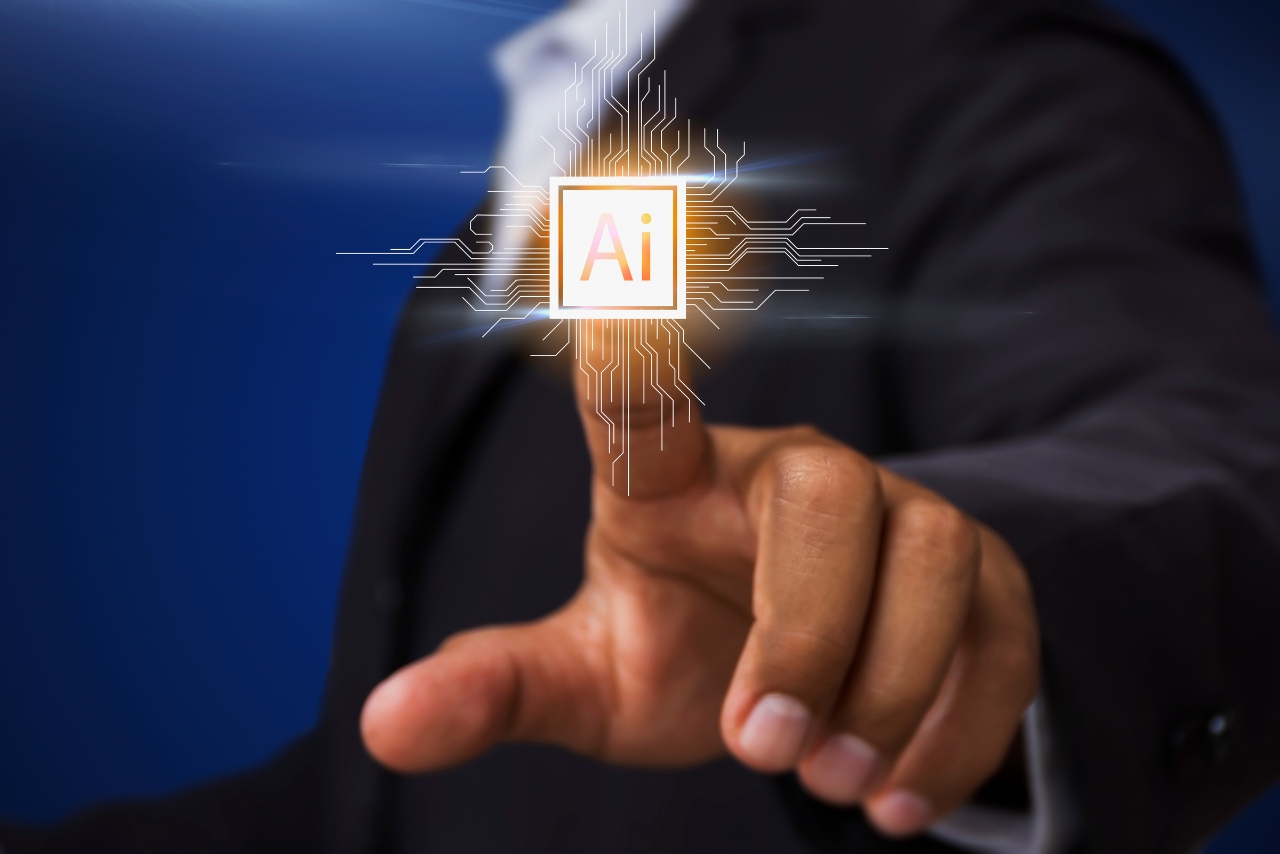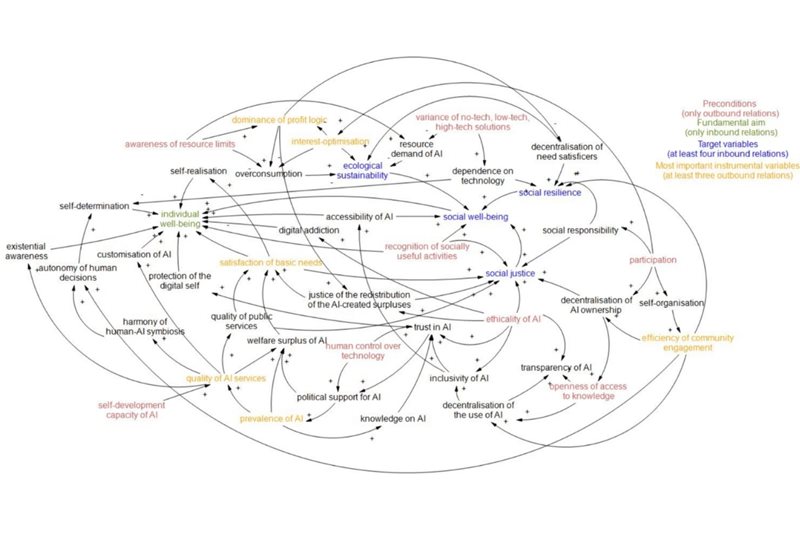There is a chance to a perfect future, but it can only be achieved by conscious planning

What would the world be like in a few decades if people lived in balance with increasingly advanced artificial intelligence? Researchers from Corvinus University of Budapest and the National University of Public Service sought answers to this question in their latest article, which was recently published in the prestigious scientific journal AI & Society.
When we think about the future, we are usually immediately hindered by the consideration of options. But if we reverse the established logic and instead of focusing on what the future holds and how to passively adapt to it, it is worth looking at what a good future could look like and what we should actively do to achieve it. Then we can find out what kind of world we really want. This is what the research group consisting of Alexandra Köves, Katalin Fehér, Lilla Vicsek and Máté Fischer did.
They worked together with a cross-sectoral circle of Hungarian experts for several days in the summer of 2022. They collected how the sixteen experts envisage the ideal future by 2060 and what steps would be worth taking in the coming decades to achieve this desired state. The researchers then summarized how artificial intelligence could serve a safe, just future, and what guidelines should be used to regulate the new technology.
The goal is a balance between nature-humanity-technology
One of the most important findings of the research is that AI should ultimately serve wellbeing. However, a harmonious relationship with society and nature can only develop if people consciously develop technology in this direction.
The ideal future can be achieved if stakeholders do not give up controlling and regulating AI – even if it requires making morally based decisions,
emphasized Alexandra Köves, ecological economist, associate professor at Corvinus and first author of the study.
It also emerged that human well-being can be maintained if anyone is able to learn about AI, understand how it works, and have technology available in a decentralized, customizable way. It is useful if AI is part of the commons and not driven solely by profit-making interests. In theory, AI has the potential to improve public services and optimise the allocation of resources, although in its current form it has clearly negative environmental impacts.
The study shows that participants openly believe in human-AI collaboration. The authors draw attention to the need to balance nature, humanity and technology, and therefore to take broad responsibility and involve experts in the development and regulation of AI. Technology reflects who we are.
A quantum metaphor for AI embeddedness
The emergence of artificial intelligence is disrupting societies and economies, transforming human relationships, and already shaping the future of humanity – it works intertwined with everything. Starting from the theory of quantum entanglement developed in quantum physics, the researchers interpreted AI as part of a complex system.
AI is part of our environment, and just like in relation to the ecological system, we must strive for balance,
sociologist Lilla Vicsek, the other Corvinus author of the study, pointed out. Entanglement means responsibility: as AI impacts social justice, ecological sustainability, societal resilience and well-being, ethical aspects will increasingly come to the fore.
